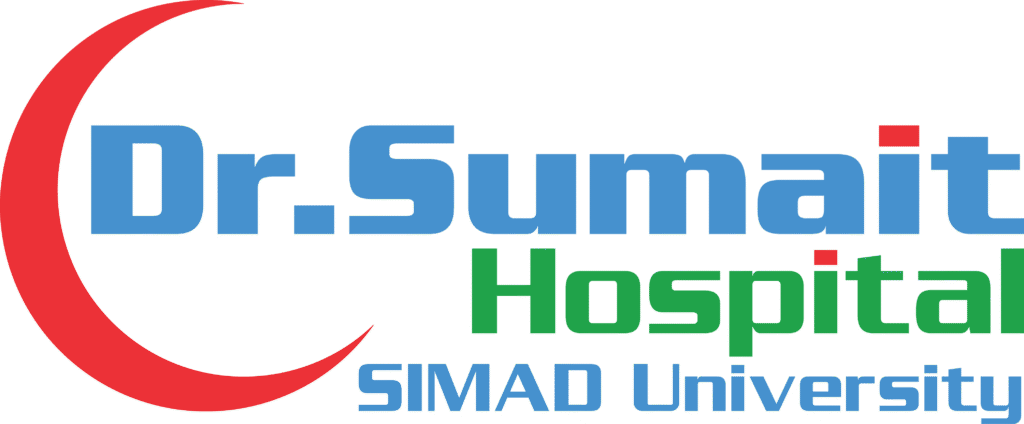Groundbreaking Somali Case Study on Massive Postpartum Ascites Published in International Journal of Women’s Health (2025)
Dr. Sumait Hospitals in Mogadishu proudly announces the publication of a landmark case report led by Dr. Widad Mohamed Hassan, Dr. Ismail A. Ali, Dr. Mohamed Abdulahi Hassan, Dr. Abdullahi Abdirahman Omar and Dr. Ibrahim Abdullahi Mohamed, titled:
“Pigtail catheter for Treatment of Massive Postpartum Ascites: A Rare Case Report in Somalia.”
Published on 15 October 2025 in the International Journal of Women’s Health,

Volume 17, Pages 3683-3692.
About the Study
The report describes a 35-year-old multiparous Somali woman (G9P6) who presented seven days postpartum with acute abdominal distension, fever, nausea and vomiting following an otherwise uncomplicated full-term spontaneous vaginal delivery.
Initial imaging (ultrasound & CT) revealed massive ascites with thick septations. An infectious or tubercular peritonitis was suspected given the context of a resource-limited setting.
Despite empiric antibiotics and large-volume paracentesis, the condition worsened. The team then placed a pigtail catheter under ultrasound guidance for continuous drainage—recording up to 2000 mL per day of ascitic fluid. Over six weeks, with antibiotic escalation, albumin support and multidisciplinary care, the ascites resolved and the catheter was removed — with no recurrence at fo
llow-up.
Key Insights
- Rare presentation: Postpartum ascites of such volume is exceedingly uncommon. The case adds important data to global obstetric literature.
- Innovative intervention: Use of an interventional radiology tool (pigtail catheter) in a postpartum obstetric scenario in a resource-constrained setting is noteworthy.
- Resource-limited setting relevance: The report demonstrates how a minimally invasive drainage technique can work effectively where frequent paracentesis or advanced surgical options may not be feasible.
- Multidisciplinary approach: Success resulted from coordinated care—obstetrics, imaging/interventional radiology, internal medicine, and supportive therapy.
- Implication for protocols: While this is a single-case report, it suggests the potential of adapting pigtail catheter drainage for refractory postpartum ascites, encouraging further research and protocol development.
Why It Matters
This publication marks a strong contribution from Somalia to the international obstetric-radiologic literature. It signals that Somali medical institutions are not only treating complex cases but also generating academic output of global relevance. It further aligns with Dr. Sumait Hospitals’ mission to combine clinical care with academic excellence and capacity-building under constrained healthcare infrastructures.
By showcasing successful management of a highly unusual postpartum complication in a low-resource environment, this case offers hope and practical lessons to clinicians working in similar settings worldwide.
🔗 Read the full article here: DOI: 10.2147/IJWH.S536361 (PubMed)
